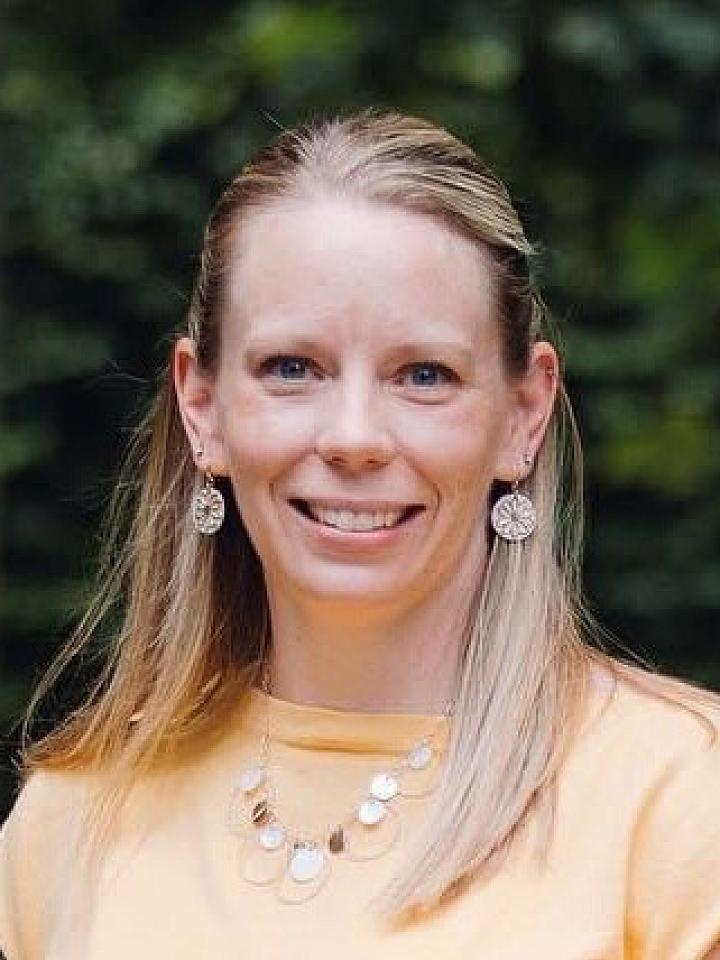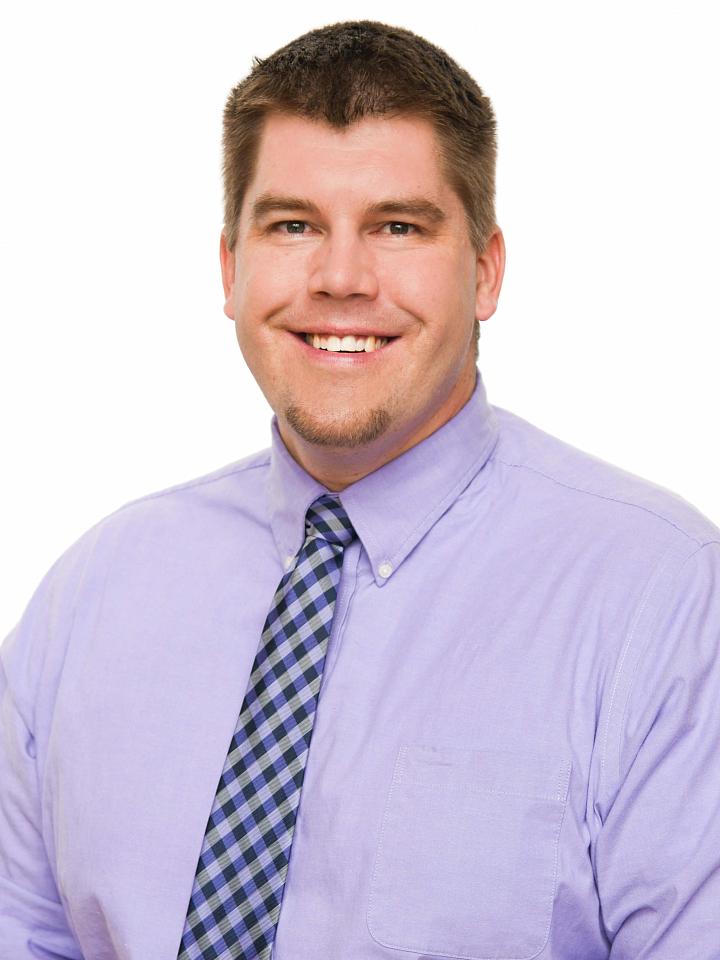
Center for Human Toxicology

Center for Human Toxicology
Welcome
The Center for Human Toxicology (CHT) is an independent non-profit laboratory within the University of Utah Department of Pharmacology and Toxicology, and Service Recharge Center within the University of Utah Cores Network. The CHT provides bioanalytical services for University of Utah and outside collaborators and clients on a local and international scale. CHT faculty actively participate in the education of graduate and professional students and other trainees through traditional classroom and hands-on teaching and research opportunities. The CHT was established in 1973 as the first independent facility of its kind in the United States to integrate toxicology instruction with toxicological services and research in basic and applied toxicology.
The CHT is an internationally recognized leader in the development of state-of-the-art assays for therapeutic and illicit drugs and their metabolites, among other xenobiotics in physiological specimens. Most of these assays are based on single stage or tandem mass spectrometry (MS, MS/MS) coupled to liquid (LC) or gas chromatography (GC). Additional LC and GC detection methods, as well as immunoassays, and other basic analytical techniques complement our MS approach to bioanalyses.
The CHT laboratory is designed to provide services in forensic toxicology or other bioanalytical projects that require secure specimen and record storage procedures. The CHT has a long history in forensic toxicology and this remains a central core of its research, teaching and service mission. This has resulted in the development and evaluation of numerous MS and immunoassay methods for drugs of abuse and other psychoactive medications. Notable related service and research activities included: post-accident testing for the National Traffic Safety Board and Federal Railroad Administration, and research on drugs and driving for the National Highway Traffic Safety Administration, the disposition of drugs of abuse and other xenobiotics into hair, sweat, and oral fluid, and the impact of drug metabolizing enzyme genetic polymorphisms on the metabolism of abused drugs. The CHT continues to provide expert testimony and analytical services for medical examiners, attorneys, law enforcement groups and government agencies.
Since 1982, CHT has provided bioanalytical services, including development of new assays, under a contract with the National Institute on Drug Abuse (NIDA). This contract focused primarily on analyses for drugs of abuse, but has expanded to include other drugs as the need arises. An additional seventeen-year tenure as the Analytical Services Center for the Medications Drug Development (MDD) Program at NIDA provided familiarization with Food and Drug Administration requirements for Good Laboratory Practices (GLP) in analytical services. Method validations and bioanalytical operations still retain many of the principals of GLP services. Several methods were developed or updated to pursue these MDD studies. Notable examples are methadone, LAAM, buprenorphine, naltrexone, oxycodone, quetiapine and risperidone. Parallel research studies investigated the disposition of some of these drugs into hair and their in vitro metabolism.
In 2003, with funding from the National Football League and the United States Anti-Doping Agency, the CHT developed a Sports Medicine Research and Testing Laboratory (SMRTL); now a private independently-operated facility. This experience enabled the CHT to gain familiarity and expertise with procedures and priorities for testing of performance-enhancing substances, as well as WADA and ISO 17025 accreditation guidelines.The recent incorporation of a mechanistic toxicology laboratory and expertise in pharmacokinetics into CHT is designed to integrate an array of new techniques into CHT operations
The CHT values its many past scientific collaborators. It looks forward to further collaborative work with both old and new scientific teams. The collective expertise in toxicological sciences within the CHT is available to assist in collaborative pursuits in translational research.
As a center of excellence in the Department of Pharmacology and Toxicology, CHT contributes to the University’s mission of research, education and service. CHT faculty members contribute to undergraduate, graduate and professional education in the College of Pharmacy and School of Medicine. Faculty and staff are involved in training undergraduates, graduates, professional students, postdocs and visiting scholars from around the world. CHT occupies 9,606 square feet of modern office and laboratory space in the southern portion of the 3rd floor of the L.S. Skaggs Pharmacy Research Building (BLDG 581) within the L.S Skaggs Pharmacy Institute (30 S 2000 E).
Christopher A. Reilly, Ph.D.
I am a Pharmacologist/Toxicologist interested in elucidating mechanisms by which chemicals interact with and affect, in beneficial and adverse ways, humans and animals. I lead a collaborative and interdisciplinary group focusing on three areas: 1) The role of transient receptor potential (TRP) ion channels in respiratory physiology and environmental lung diseases such as asthma; 2) the role of cytochrome P450 mixed function oxidases (CYPs) in regulating the toxicity and therapeutic efficacy of xenobiotics/pharmaceuticals; and 3) bioanalytical mass spectrometry.
My research on TRP ion channels utilizes genomics, metabolomics, and proteomics-based analyses, human- cell- and animal- models, and a variety of molecular and synthetic chemical approaches to understand mechanisms governing the ability of chemicals to modulate TRP channel function and associated pulmonary inflammation, injury, and disease. An emphasis is to understand how TRP channel modulation by inhaled ambient air pollutants causes pulmonary inflammation and injury, with specific interests in how these events impact asthma management. A parallel project is designed to identify natural products that may have potential for therapeutic modulation of TRP channel function in pulmonary and ocular diseases and chronic pain, including SAR optimization and pre-clinical studies.
My research on CYP enzymes focuses on elucidating factors that influence the metabolic fate and action of chemicals, including chemical and enzymatic criteria that regulate substrate oxygenation vs. dehydrogenation reactions that are often causes of xenobiotic toxicity in humans. A second line of research aims to understand the role of variable site-specific versus systemic metabolism of inhaled glucocorticoids in determining therapeutic efficacy in asthmatics. We also study inhalation delivery of therapeutics.
Finally, I direct the Center for Human Toxicology, a bioanalytical laboratory with a >30y history of performing contract research services and research and development in the areas of forensic toxicology, ADME/PK, regulatory science, medications development, and general bioanalytical methods development. As director, I oversee multiple contracts and collaborative grants with investigators across the University of Utah, and internationally. In this capacity, I am also leading the development of a pulmonary physiology and inhalation toxicology exposure core.
We are highly collaborative and welcome opportunities to work with others on a multitude of research projects.
Email: Chris.Reilly@pharm.utah.edu
Joseph Rower, Ph.D.
Dr. Joseph Rower is a Research Assistant Professor in the Department of Pharmacology and Toxicology. Dr. Rower completed his graduate work at the University of Colorado, Anschutz Medical Campus where his research focused on the unique pharmacology of nucleoside reverse transcriptase inhibitors used to treat and prevent HIV infection.
Dr. Rower’s current research focuses on improving the clinical care of children. Specifically, his research focuses on validating bioanalytical methods for determining drug concentrations from small blood volumes. This research has the potential to revolutionize pediatric clinical pharmacology studies, especially in neonates and other populations where blood volume is limited. These advances will enable future studies which can better define the impact of age on the pharmacokinetic-pharmacodynamic relationships. Dr. Rower is especially interested in defining these relationships for drugs used to treat infectious diseases and in transplantation.
Email: joseph.rower@hsc.utah.edu

Cassandra Deering Rice, Ph.D.
I am broadly interested in the health effects of particulate materials including synthetic nanomaterials for medicinal and industrial purposes and ambient air pollution. My PhD training at the University of Utah has provided a strong background on particle chemistry and ways to elucidate the contributions of particle features on biological systems, particularly in the cardiovascular and respiratory systems. As a post-doctoral trainee, my research focused on TRP ion channels and the effects of air pollutants on lung cells and tissue. My continued work as a Research Associate within Dr. Christopher Reilly’s group has focused on expanding our knowledge of the role of TRP channels as a sensor for the particulate materials both in vitro and in vivo. Our group works with particle chemists to analyze the complex nature of air pollution particles that we further characterize as TRP channel activators and mediators of altered cellular function.
As the focus of our research group broadly encompasses pulmonary function and asthma, I have worked in collaboration with a group of physicians at Primary Children’s Medical Center to understand the link between air pollution, TRP channel polymorphisms, and asthma in a pediatric patient population. Additionally, I am involved in several studies, measuring pulmonary function in mice. These studies investigate the role of age, hormones, genetic mutations and/or epilepsy in altering pulmonary function.
Email: cassandra.rice@utah.edu

